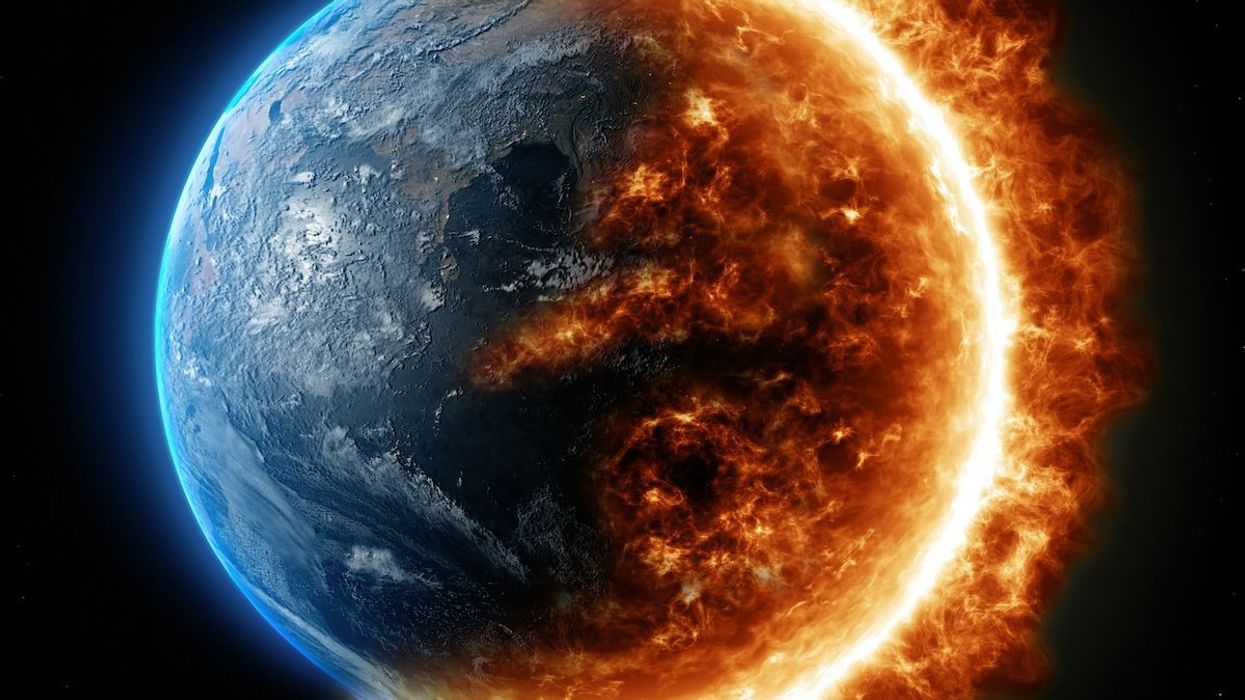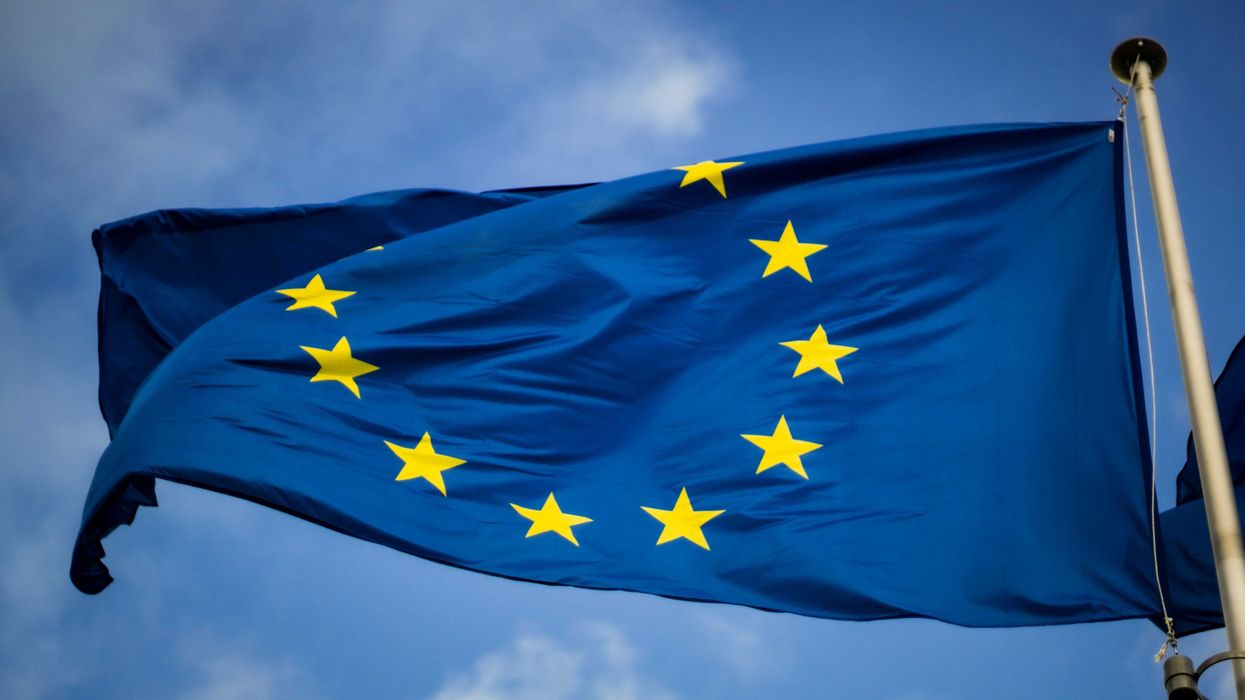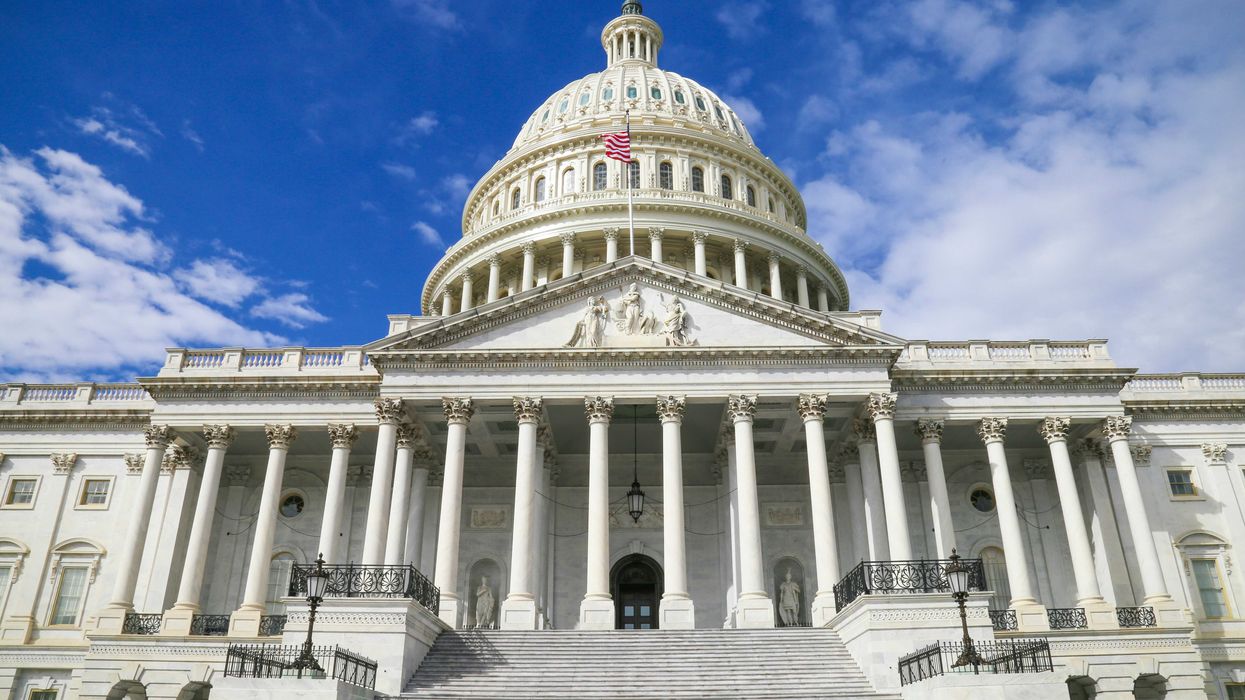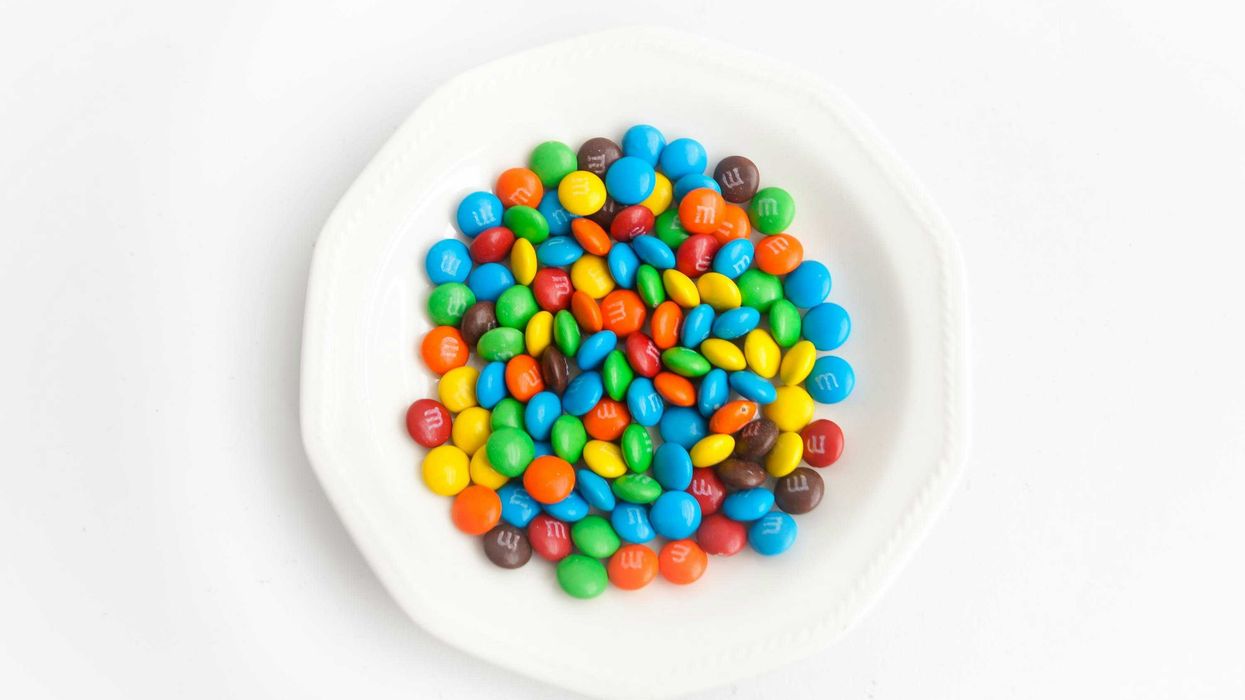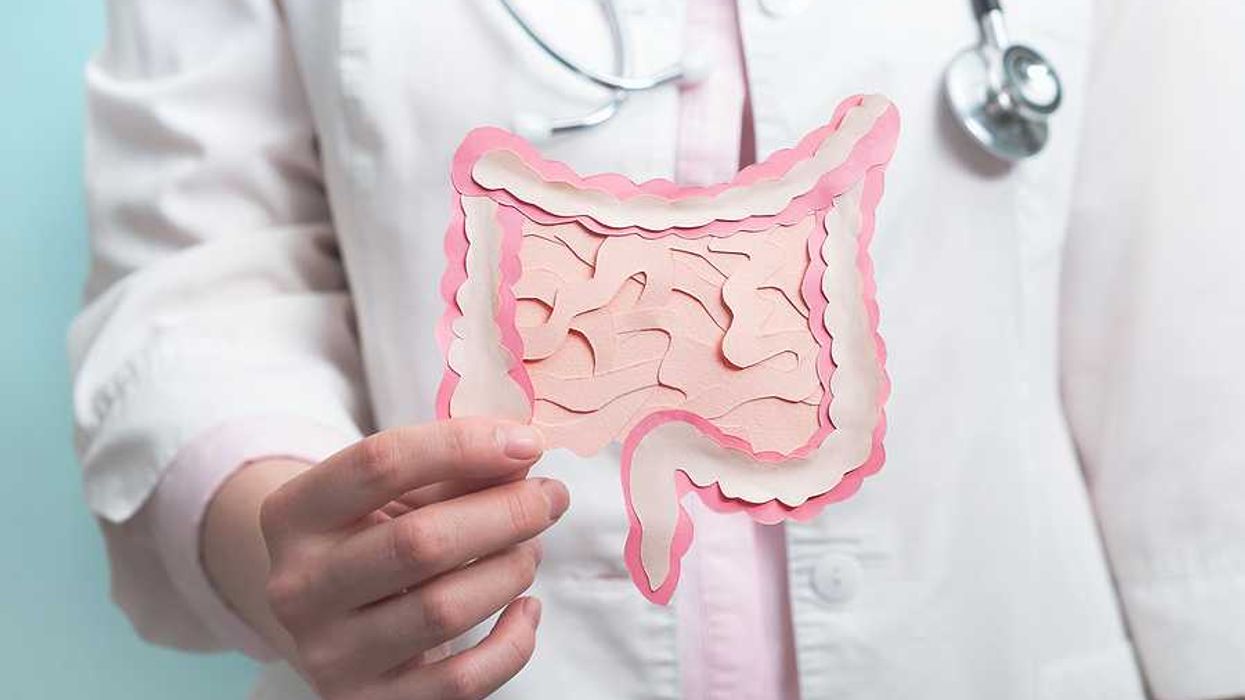The planet’s breakneck release of carbon dioxide may be steering Earth toward a tipping point that echoes the planet’s most catastrophic die-offs.
Peter Brannen reports for The Guardian.
In short:
- MIT scientist Daniel Rothman warns that the rate of carbon emissions matters more than the total, and today’s pace rivals the volcanic events that triggered ancient mass extinctions.
- The end-Permian catastrophe, the worst die-off in Earth’s history, was fueled when magma ignited underground fossil fuels, unleashing CO2 on a scale that collapsed ecosystems.
- Humanity is now injecting carbon into the atmosphere up to 10 times faster than those ancient eruptions, potentially short-circuiting Earth’s ability to stabilize itself.
Why this matters:
Picture Earth as a planet with a memory. Right now, it’s getting flashbacks to some very dark chapters. Scientists like MIT’s Daniel Rothman are sounding the alarm: It’s not just how much carbon we’re dumping into the atmosphere, it’s how fast. And fast is the scary part, threatening a potential short-circuiting of the planet’s life-support systems. Oceans could turn acidic, oxygen levels might plummet, and ecosystems could collapse in ways that echo the deadliest extinction the Earth has ever seen.
Read more: The planet’s largest ecosystems could collapse faster than we thought

